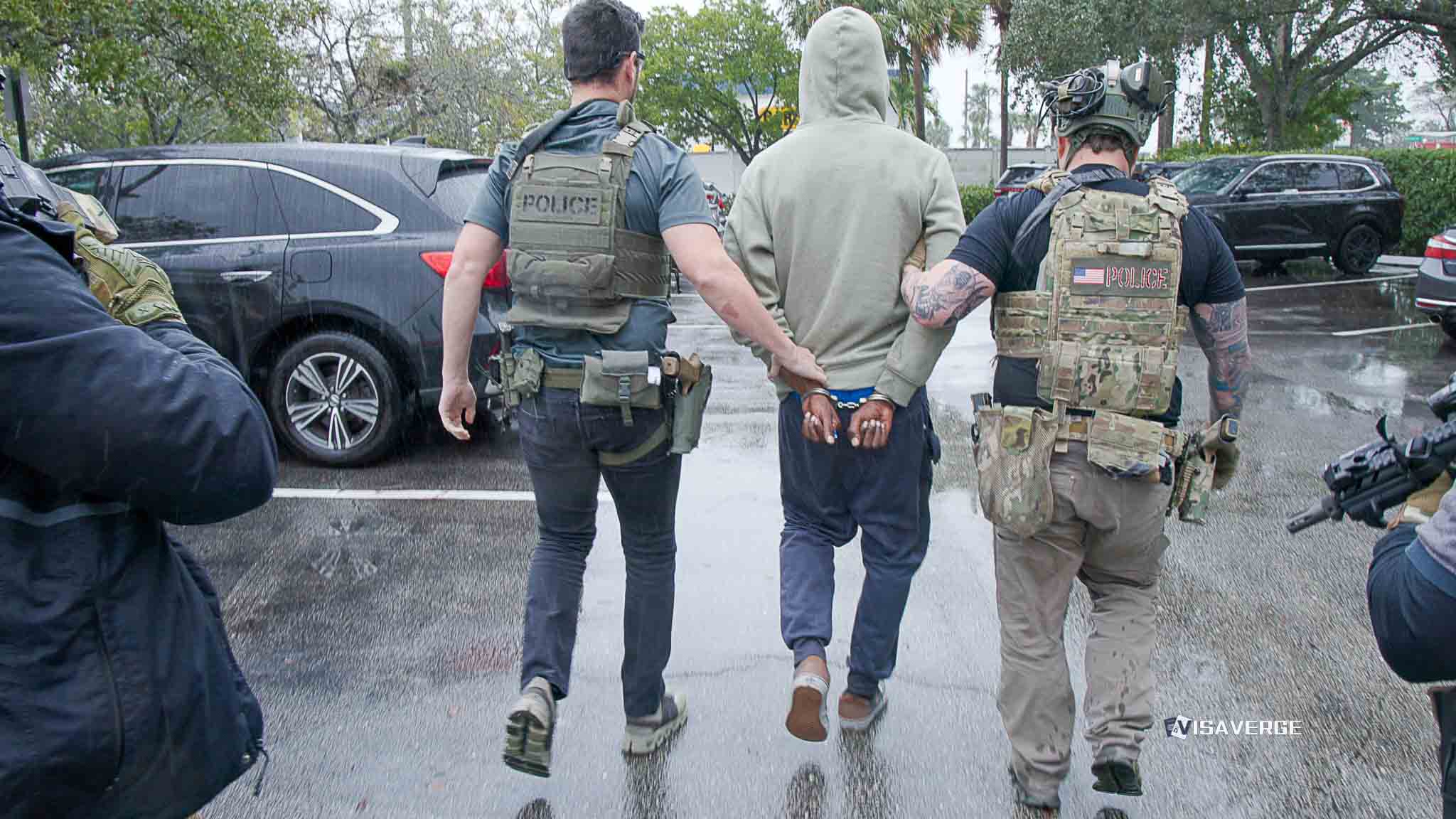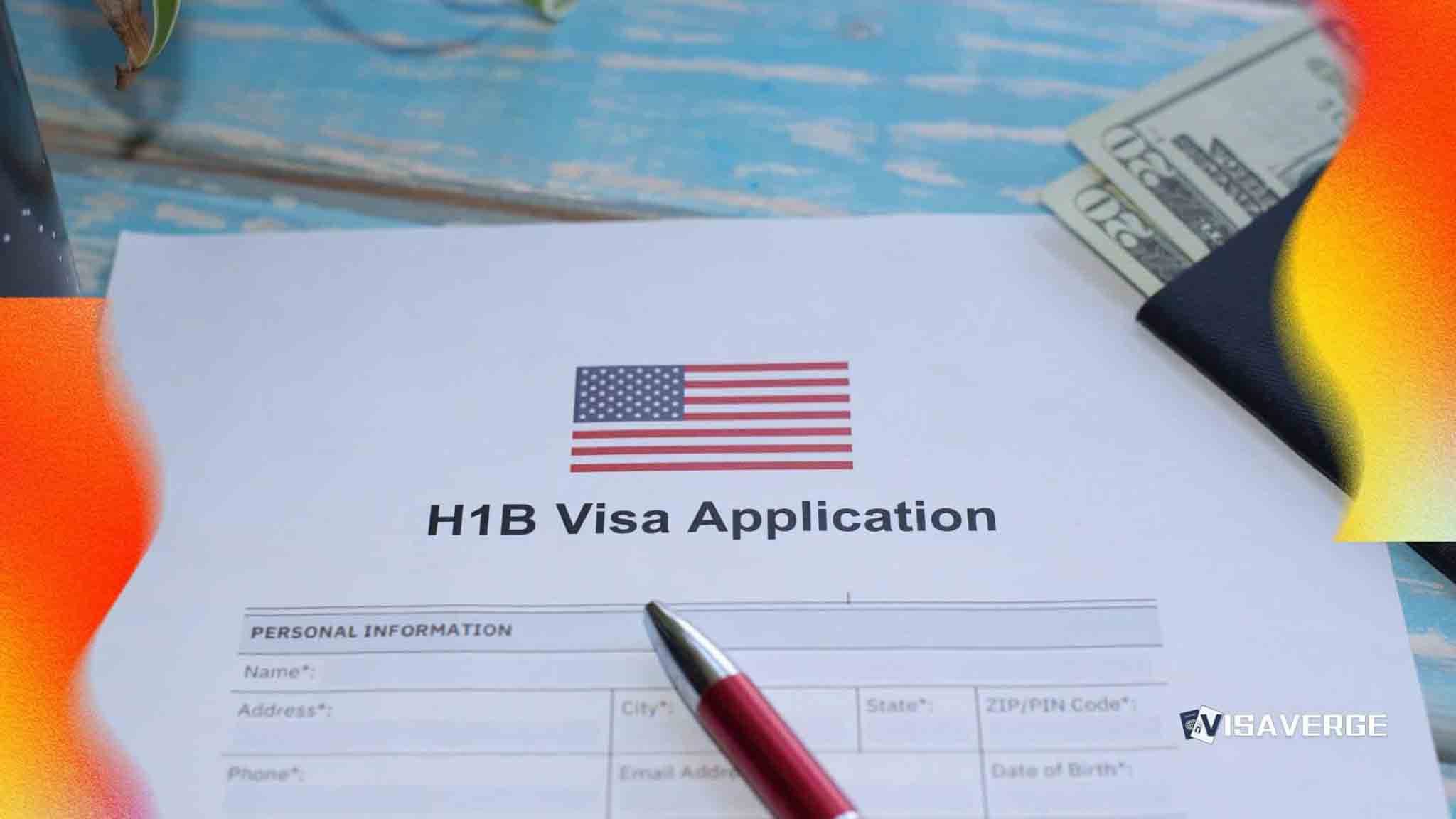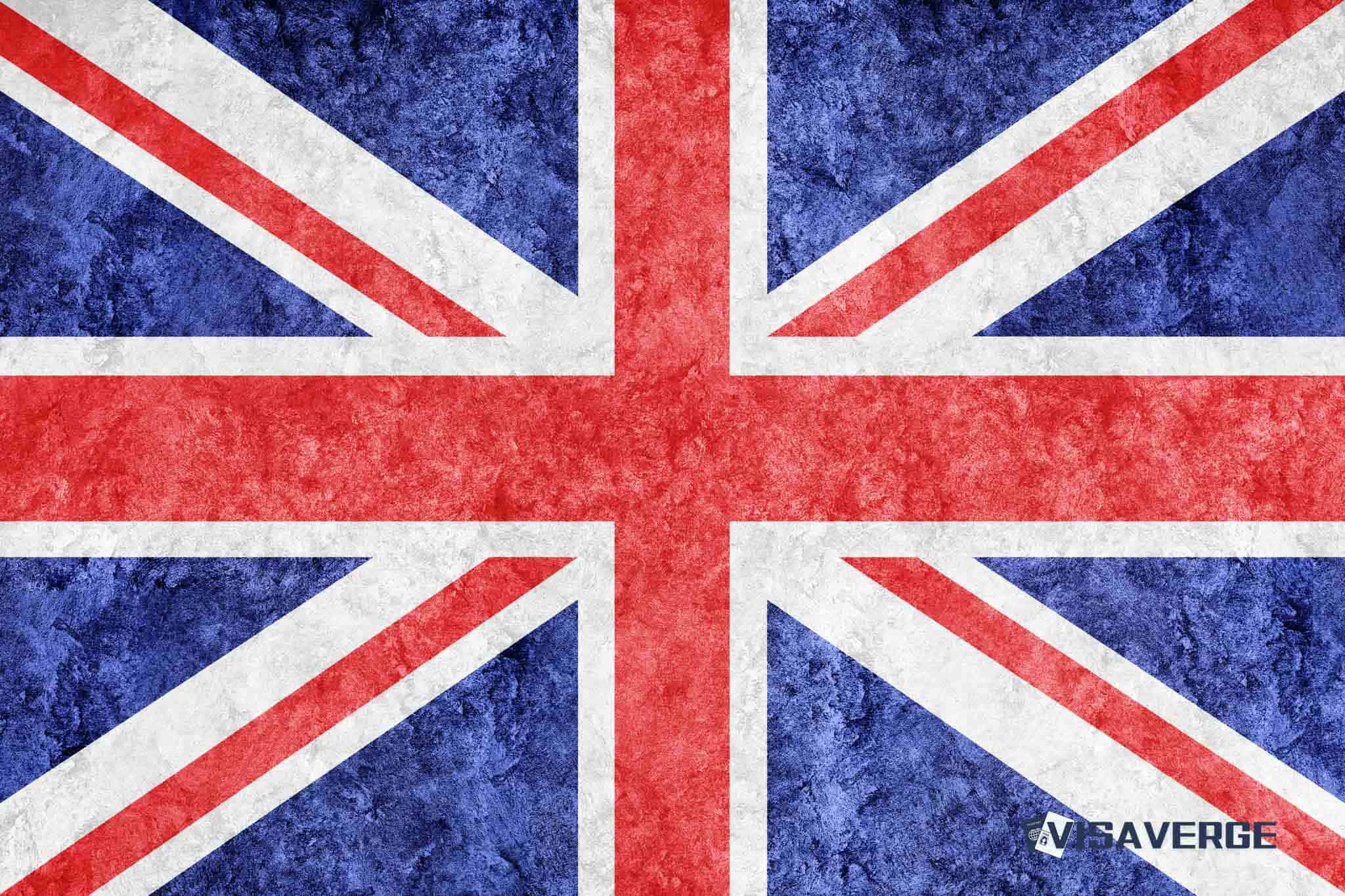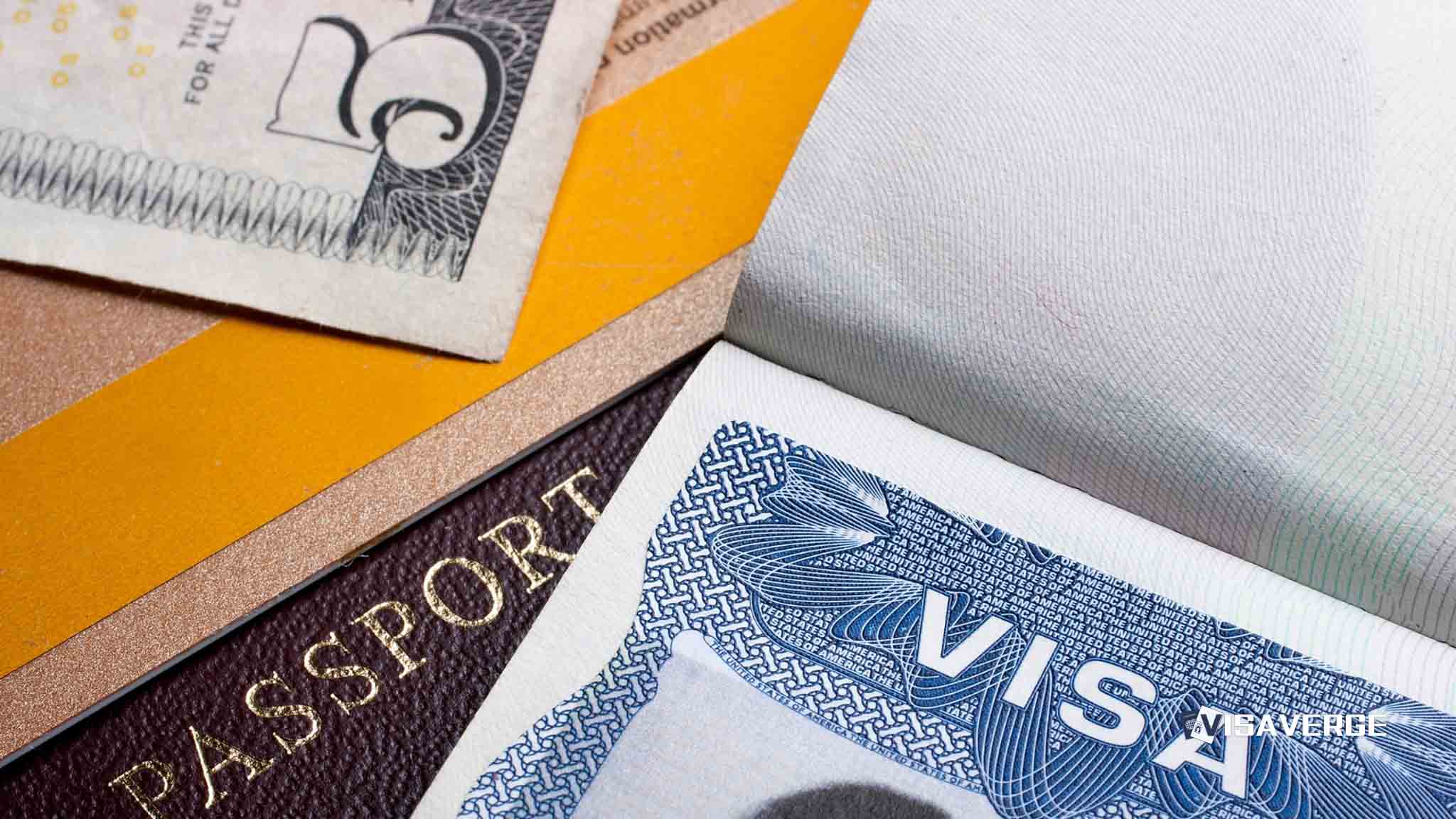(UNITED STATES) A fresh rift inside the Make America Great Again movement has erupted over the H-1B visa, with pro-Trump influencer Bill Mitchell accusing hardliners of spreading false claims that Indian workers are being brought in as “store clerks.” Mitchell and other conservatives insist the program is reserved for “degreed individuals with very special skills,” while some MAGA activists attack it as a threat to American jobs and a betrayal of the movement’s “America First” slogan.
Trump’s comments and the split in MAGA
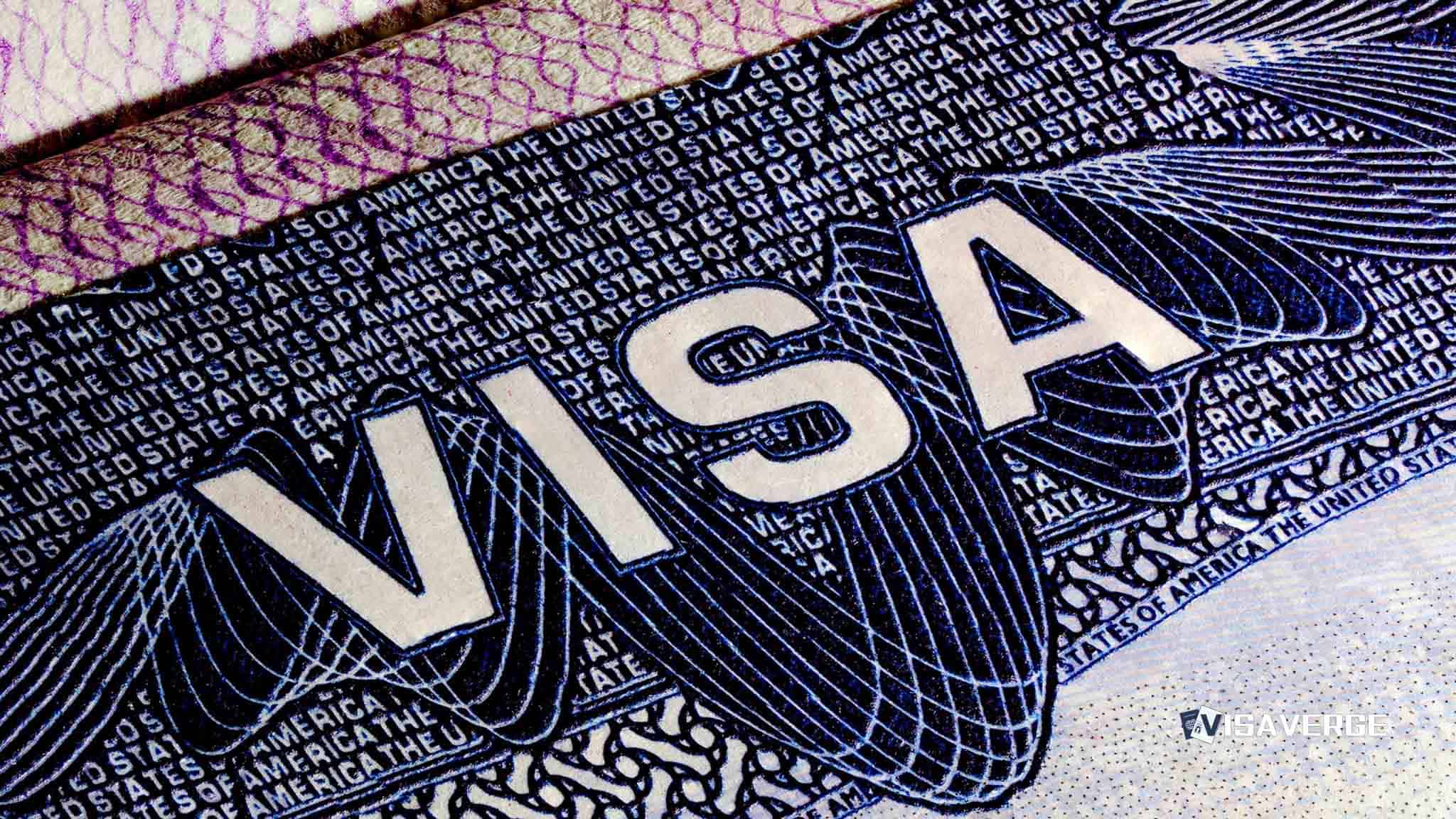
The internal feud sharpened after former President Donald Trump again defended the H-1B system in recent comments about advanced manufacturing. He argued the United States cannot simply pull people “off the unemployment line” and expect them to run complex semiconductor plants. Trump said highly trained foreign workers are needed in the short term to help build and operate such facilities and to “teach our people” these specialized skills.
Those remarks, welcomed by many business leaders, triggered anger among parts of Trump’s base who see any defense of the H-1B visa as caving to corporate interests. On social media and right-wing platforms, some influencers claimed the program was bringing Indians into the country to staff basic retail roles, portraying it as another example of elites ignoring American workers in favor of cheaper foreign labor.
Mitchell’s rebuttal and legal framework
Mitchell pushed back hard against that narrative, stressing that under U.S. law the category is meant for specialty occupations that require at least a bachelor’s degree or its equivalent.
“The H-1B visa is for degreed individuals with very special skills, not for store clerks,” Mitchell said, accusing fellow conservatives of either misunderstanding the rules or deliberately misleading their followers for political gain.
Official guidance from U.S. Citizenship and Immigration Services clarifies this intent and is detailed on its H-1B specialty occupations page. The guidance states the visa is meant for roles that normally require a degree in a specific field, such as engineering or computer science, not jobs that can be done with general experience or short-term training.
Why Indian professionals are central to the debate
According to analysis by VisaVerge.com, Indian professionals sit at the center of this political storm because they make up the largest group of H-1B holders, especially in technology and engineering roles.
Many Indian H-1B holders:
- Are software engineers, data scientists, chip designers, or medical professionals.
- Completed years of study before receiving U.S. job offers.
- View the visa as a path to long-term careers in the United States.
- Report feeling both wanted and unwelcome: recruited for skills, yet turned into political symbols in immigration debates.
Positions within the movement
The dispute has split MAGA figures and allies into roughly two camps. Below is a concise comparison.
| Camp | Key arguments |
|---|---|
| Hardliners (e.g., Steve Bannon) | Call for sharp cuts or abolition of H-1B; argue companies use it to replace Americans with cheaper foreign workers; see defense of H-1B as betrayal of “America First.” |
| Trump & business supporters (e.g., Elon Musk, industry leaders) | Frame H-1B as necessary to keep advanced industries on U.S. soil; warn that inability to bring specialists here leads to moving projects abroad; support temporary use of foreign experts to train American workers. |
Policy responses and enforcement
To counter claims of abuse, Trump allies point to tougher measures introduced during his administration. A notable example was a $100,000 fee imposed on companies seeking H-1B visas, described by supporters as a way to ensure only firms that truly need degreed individuals with very special skills will apply.
Backers say the high fee forces employers to reconsider mass filings and demonstrates an attempt to limit misuse.
At the same time, the dispute has revived long-running questions about how strictly H-1B rules are enforced. Critics argue enforcement can be uneven; supporters point to tightened regulations and fees as steps toward ensuring proper usage.
Economic and social impacts
For American workers worried about prospects, the arguments are mixed and often confusing.
- Some economists find limited evidence that H-1B harms U.S. employees overall, suggesting highly trained foreign staff can help companies expand and ultimately create more domestic jobs.
- Opponents counter that, in specific sectors and localities, the arrival of foreign workers can put pressure on wages or slow promotions.
Political strategists note the fight reflects these mixed public feelings. Trump is trying to appear both tough on immigration and supportive of high-tech industries promising well-paid manufacturing jobs. His critics on the right argue that defending H-1B weakens the message that Washington should always prioritize American workers.
Human stakes and political consequences
Republican campaign advisers privately acknowledge the messaging is delicate.
- Attacks on guest-worker programs can energize voters who feel left behind economically.
- Conversely, business donors and local officials in districts with chip plants and research centers warn harsh rhetoric could scare off investment.
For Indian workers already in the U.S., many with families and mortgages, the political tug-of-war brings fresh anxiety about whether their status will once again be pushed into uncertainty.
Key takeaways
The claim that companies are importing Indians as store clerks through the H-1B process remains unsupported by the legal framework, which is structured for degreed individuals with very special skills in defined specialty occupations.
Yet, because Indian professionals are highly visible in tech and engineering, they are likely to remain central to the dispute as immigration debates continue.
Both sides show little sign of backing down anytime soon.
A split within the MAGA movement over the H-1B visa intensified after Trump defended using foreign specialists for advanced manufacturing. Critics claim the program imports low-skilled workers, a charge supporters and USCIS guidance dispute. Indian professionals dominate H-1B holdings in tech and engineering, making them central to political tensions. The debate focuses on enforcement, fees, economic effects, and balancing American-worker protections with industry needs.










